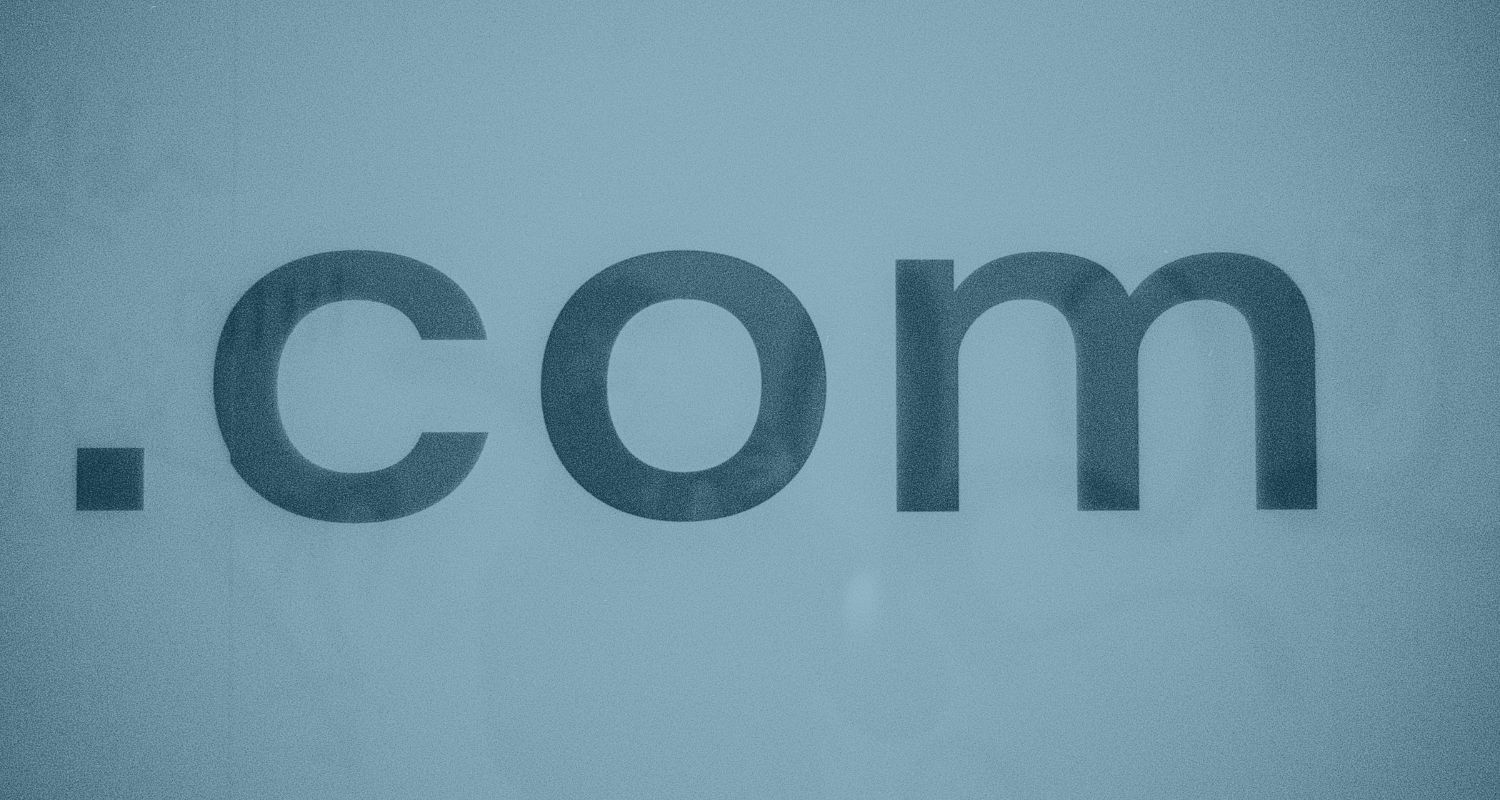
Domain Name Dispute
FAQs: Domain Name Disputes
-
What happens if the domain in dispute is owned by someone overseas, outside UK jurisdiction?
-
We can still pursue UDRP or other ICANN-related dispute mechanisms, which are international and can force transfer of domain names under certain policies even if registrant is abroad. If court action is needed, jurisdiction issues will come into play, including whether UK courts have authority over the overseas registrant. We work with partners internationally if needed to enforce judgments or orders.
-
Can someone force me to give up a domain even if I have registered and used it for many years?
-
Yes, in some cases. If another party can show that (a) your domain is confusingly similar to their trade mark or name, (b) you registered or are using it without legitimate interest, and (c) there is bad faith use, then even longstanding registration may not protect you. The policies like UDRP or Nominet DRS focus not just on timing but on behaviour, similarity, and intent.
-
What kind of evidence is strongest in showing “bad faith”?
-
Good evidence includes attempts to resell the domain at an inflated price to someone who wants it, domain registrations made primarily to block another business, using domain to mislead customers (redirects, phishing, parked pages with ads), prior warnings or communications, or a pattern of registering domains similar to others’ trademarks. Also strong is proof of your prior use and investment in your brand so that confusion causes real harm.
-
If I lose a domain dispute, can the other side claim costs or damages from me?
-
Yes, possibly. In UDRP and many arbitration policies, if your behaviour is judged to be abusive or in bad faith (e.g. reverse domain hijacking), you may be ordered to pay costs. In court proceedings, the losing side may be ordered to pay legal costs. This risk underlines the importance of well-advised strategy and honest case evaluation before starting proceedings.
-
Does registering more domain names (misspellings, alternative TLDs) always protect my brand?
-
It helps, but it’s not a complete safeguard. Defensive registrations can reduce risk of someone else taking confusing domains, but they cost time and money, and you still need trade mark protection + monitoring to respond quickly to any misuse. Also even with many domain registrations, a bad faith registrant can create confusion in other ways (similar names, look-alike websites).
-
How do I pick the right domain dispute route (DRS vs UDRP vs Court)?
-
It depends mainly on: which domain extension is involved (.uk, .com, .io etc), what you are asking for (only domain transfer, damages, injunction), whether bad faith is obvious, the weight of evidence you have, how much cost and time you can afford, whether enforcement abroad may be needed, and whether the respondent is likely to engage. We help you map this out in the early strategy stage so you pick the route with best chance of success and good value.
Photo by Markus Spiske on Unsplash
Our Areas of Experience
Acting for clients of all types and sizes we have gained particular experience in the following areas:
-
Acquisitions, disposals, mergers and joint-ventures involving IP assets or businesses with IP;
-
IP contracts including licences, assignments, security interests, franchising.
-
Acquisition, exploitation and prosecution of IPRs;
-
Raising share capital using IPRs;
-
Brand hijacking, phishing attacks, cybersquatting, logo abuse, false claims of affiliation to your brand and typosquatters;
-
Database rights and protection;
-
Defamation;
-
Trade Mark, design and patent registration;
-
IP portfolio management;
-
IP audits;
-
Renewal of trade marks, designs, and patents
-
Copyright, trade mark and other forms of IP infringement claims;
-
IP infringement actions and dispute resolution;
-
Domain name registrations, acquisitions and disputes;
-
E-commerce and e-marketing regulatory advice;
-
Freedom of Information requests;
-
Identifying and monitoring online intellectual property rights infringements and damaging content;
-
Image rights;
-
Injunctions;
-
Privacy issues;
-
Protection of trade secrets and confidential information;
-
Non-disclosure and confidentiality agreements, breach of confidentiality and theft of trade secrets; and
-
Take-down services and cease and desist orders.
Our Intellectual Property Team
What Our Clients Say
Request a Free
No Obligation
20 Minute Call
This introductory call is to discuss your matter so we can provide a well-considered quote.
However, please be aware that the free 20 minute call is at our discretion. If you are more looking for advice and guidance on an initial call, we may instead offer a one-hour fixed fee appointment instead.
Our fixed fee appointments are between £250 plus VAT to £350 plus VAT* depending on the complexity of the issues and seniority of solicitor taking the call




